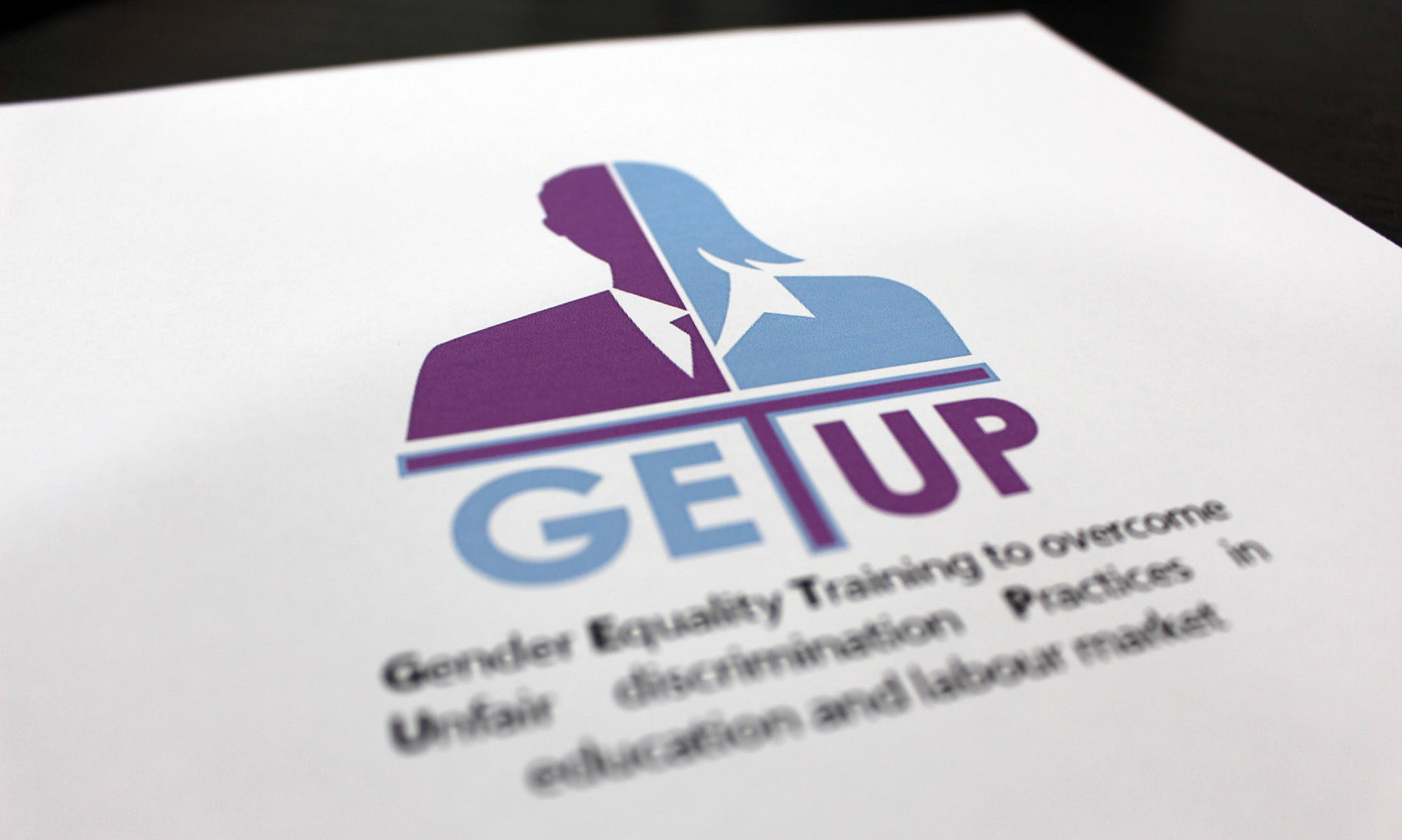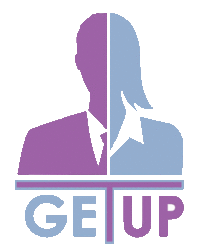Gender discrimination usually and mainly happens during transition phases – such as recruiting and selection, career and education guidance, professional career development. This leads to reduced opportunities in terms of personal and professional growth, as well as organization development.
On one side, people are not aware enough and prepared to face and combat gender discrimination in the labour market. On the other, professionals supporting them in career choices are not adequately competent, simply because until now these are not considered strategic professional competences.
In this situation women are not the only losers. All private and public work organisations, and the whole community, lose the possibility to employ the best resources available, precluding development, growth and well-being opportunities.
Starting from today, the first European Minimum Standard of Competences on Gender Equality (EMSC) targeting professionals intervening in transition phases is available, representing a relevant point of reference to identify knowledge and competence gaps and design consistent training actions.
How to not discriminate, to valorise gender differences at the workplaces, to use gender-disaggregated data and statistics are to be considered as key areas of competence to be performed with a professional approach by career guidance counsellors, HR managers, trade unionists supporting enterprises’ restructuring/development processes, teachers delivering guidance services, Public Employment Services and Employment Agencies counsellors, Job Placement Centres, as it is for all the other skills usually required and assessed for this category of professionals acting in transition phases.
Aims and expected learning outcomes
GET is an original blended-learning programme able to reinforce the required competences of HR managers and other professionals of transition phases from school to labour market. Structured with reference to the European Minimum Standard of Competences on Gender Equality (EMSC), it aims at developing qualified professionals able to concretely improve their performances, practicing gender equality as key professional competence and not only as an ethical issue.
By completing the training path, the participant will be able to:
* Recognise discriminatory language against women, based on gender stereotypes and bias;
* Adopt non discriminatory language and communication, based on sensitiveness and interest towards gender differences;
* Ensure performances and behaviour that combat discrimination and valorise gender differences;
* Identify, use and analyse gender-disaggregated data for a more effective decisional support system;
* Reduce gender inequality at the workplace and during the transition phases’ support processes, promoting affirming actions focused on gender differences value and women and men well-being;
* Encourage and promote the adoption of new strategies for work-life balance at work

